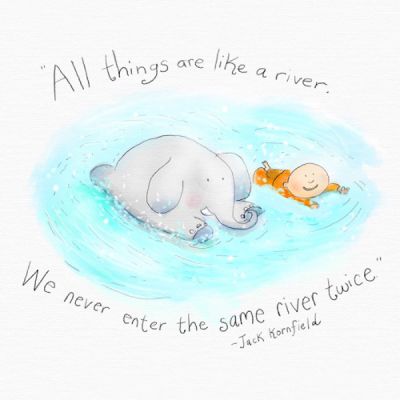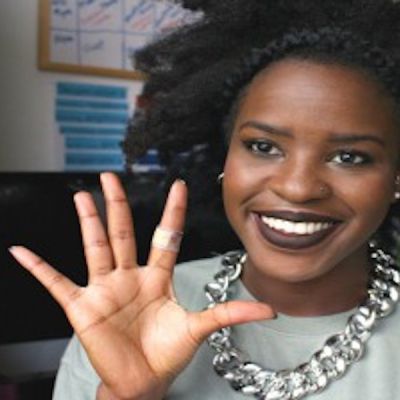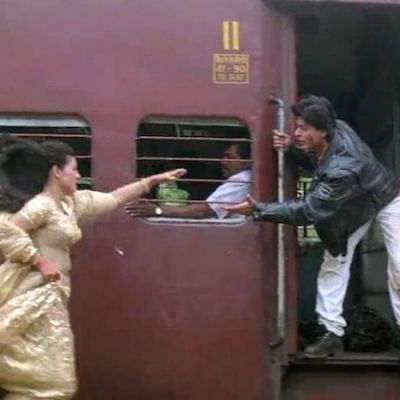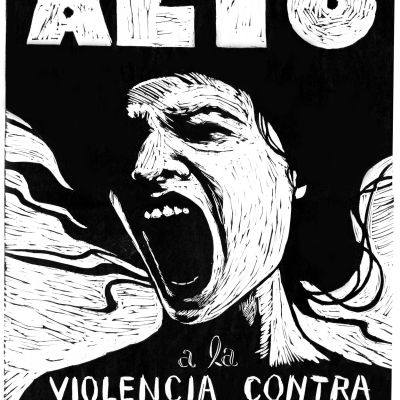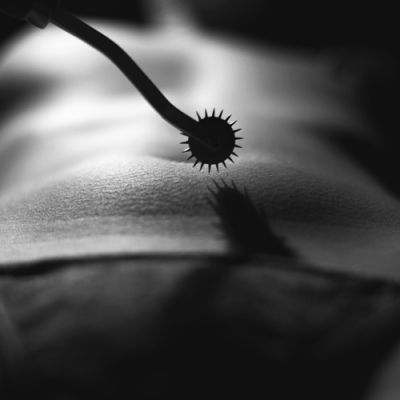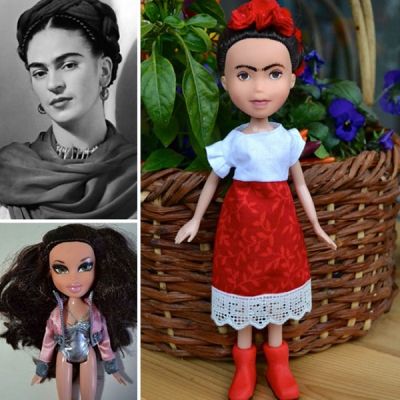Curated Content
Stress, burn out, uncontrollable emotional outbursts, depression, anxiety, migraines and cancer, are some of the effects that human rights defense work has on women human rights defenders (WHRD)s around the world, and the ones that often make them quit their important work. AWID spoke with Jessica Horn, Senior Advisor for the African Institute for Integrated Responses to Violence Against Women and HIV/AIDS (AIR) about the politics of self-care and well-being for WHRDs.
The onslaught of news about violence against people of color seems to be endless these days. In the midst of all of this we remember the words of writer and activist Audre Lorde, who famously said that self-care is both an act of self-preservation and political warfare.
We found these heart-warming doodles that are dedicated to staying conscious of things that matter for our personal well-being and our relationships with others but that we tend to lose touch with from time to time.
This video encapsulates five simple tips for those in social work to avoid an exhaustion of energies, although they are equally valid for anyone doing any kind of sustained work.
We need to think about the kind of film we would like to see as queer people.
Thousands of young women in conservative societies across North Africa, the Middle East, and South Asia are being shamed or blackmailed with private and sometimes sexually explicit images. A look at how smartphones and social media are colliding head-on with traditional notions of honour and shame.
Bahubali features one of the longest scenes of romanticised symbolic violation ever seen on screen. Why are we not angered by it?
“A spirited independent single mother struggles on a daily basis to provide a comfortable life to her son and herself. She runs a small Internet cafe in Patiala, Punjab for a living, and is an Internet user herself. The film highlights a phase in her life when love comes knocking on her door. If only its timing was right!”
Twitter was hashtagging the 21st anniversary of the classic Bollywood film, ‘Dilwale Dulhania Le Jayenge’ (1995) a few months ago, a human rights organisation did a fun take on it by asking its followers to feminist up the film’s iconic dialogue, “Ja, Simran, Ja”.
“We believe in the transformative power of personal expression in concert with collective action. To this end, we produce collective portfolios, contribute graphics to grassroots struggles for justice, work collaboratively both in- and outside the co-op, build large sculptural installations in galleries, and wheatpaste on the streets—all while offering each other daily support as allies and friends,” they say.
“For the first time in India, 20 LGBT (lesbian, gay, bisexual and transgender) persons in four cities open up in…
Trying to live up to the expectations of those you care about isn’t easy! Li Chenxi is 27 years old and has been facing pressure from her family to get married. She herself has no such desire and is fine with the way she lives; but to keep those she cares about happy she, like so many of us, finds a creative way to sustain her mum’s fantasy!
No fantasy is wrong. Or sick. Or immoral. Just like good intentions are worthless unless they lead to fruitful actions, wicked fantasies aren’t wrong or sick unless they lead to wicked acts. And no, they don’t have to. That is the point of kink.
Little Pappu asks his father innocuous questions about all kinds of things to do with sexuality, and while his papa tries reluctantly at first to address his curiosity, he soon finds light-hearted and honest ways to explain concepts to his son.
Canadian parent Wendy Tsao took her child’s over-sexualised dolls, removed their makeup and changed their overly done-up hair to turn them into role models from real life. By creating from commonly available dolls lookalikes of real-life women of renown, Tsao explores the idea of playthings having an influential impact on the formation of one’s own identity.



